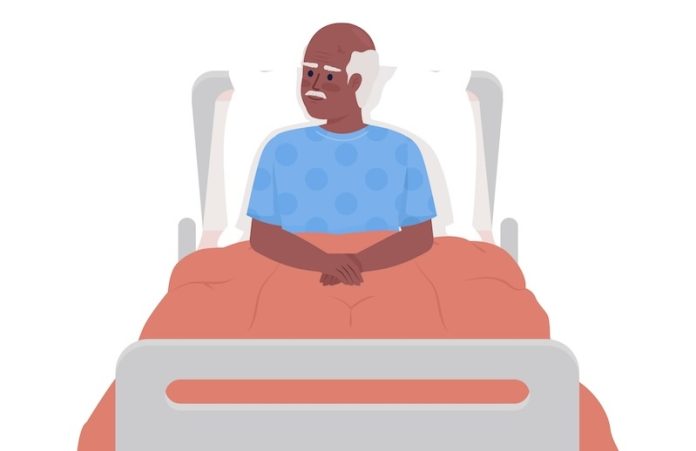
As we age, it’s common to lose muscle strength and slow down, making daily tasks harder. But new research from Edith Cowan University (ECU) suggests that declining muscle function could also be an early warning sign of dementia.
This study found a link between weaker muscles and a higher risk of dementia in later life, offering a possible way to detect dementia risk earlier.
The study analyzed data from the Perth Longitudinal Study of Aging in Women, focusing on over 1,000 women with an average age of 75. Researchers measured the participants’ grip strength and timed them on a task called the “timed-up-and-go” (TUG) test.
In this test, the women were asked to get up from a chair, walk three meters, turn around, and sit back down. The tests were repeated after five years to track any changes.
Over the following 15 years, about 17% of the women had a “dementia event,” such as a dementia-related hospitalization or passing. The results showed that women with weaker grip strength and slower TUG test times had a notably higher risk of dementia.
Those with the weakest grip strength and slowest TUG times were more than twice as likely to experience dementia-related issues compared to the stronger, faster participants.
This increased risk remained significant even after accounting for other factors like genetics, smoking, alcohol use, and physical activity.
The study also found that a decline in grip strength and TUG performance over five years was linked to an increased risk of dementia. This means that not only current muscle function but also the rate of decline in muscle strength could indicate future dementia risk.
Dr. Marc Sim, a senior researcher involved in the study, explained that grip strength might reflect brain health because both motor skills and cognitive abilities can decline together.
Grip strength may also indicate broader health issues like cardiovascular disease and inflammation, which are known risk factors for dementia.
These findings suggest that measuring grip strength could help health professionals spot dementia risk sooner.
A simple grip strength test, done with a handheld device called a dynamometer, could identify individuals at high risk for dementia who might benefit from prevention strategies.
Dr. Sim suggested that for those identified as high-risk, adopting a healthy diet and staying physically active could help reduce the chances of developing dementia.
Professor Simon Laws, Director of the Centre for Precision Health, sees this research as a step toward recognizing early signs of dementia. Early detection could improve outcomes for people by encouraging lifestyle changes or other interventions before symptoms become severe.
While this study’s findings are promising, more research is needed to understand how changes in muscle function connect to brain health.
This research could open doors to new screening methods that incorporate muscle strength as a marker for dementia risk, making it easier to identify those who may benefit from preventive care.
For more insights into health and aging, studies on how statins (cholesterol-lowering drugs) can cause muscle pain, the role of vitamins in preventing fractures, and how krill oil might improve muscle health in older adults offer further reading.
This study was published in the Journal of Cachexia, Sarcopenia, and Muscle and adds to growing knowledge on early detection of dementia through physical health indicators.
If you care about muscle, please read studies about factors that can cause muscle weakness in older people, and scientists find a way to reverse high blood sugar and muscle loss.
For more information about health, please see recent studies about an easy, cheap way to maintain muscles, and results showing these vegetables essential for your muscle strength.
Copyright © 2024 Knowridge Science Report. All rights reserved.



